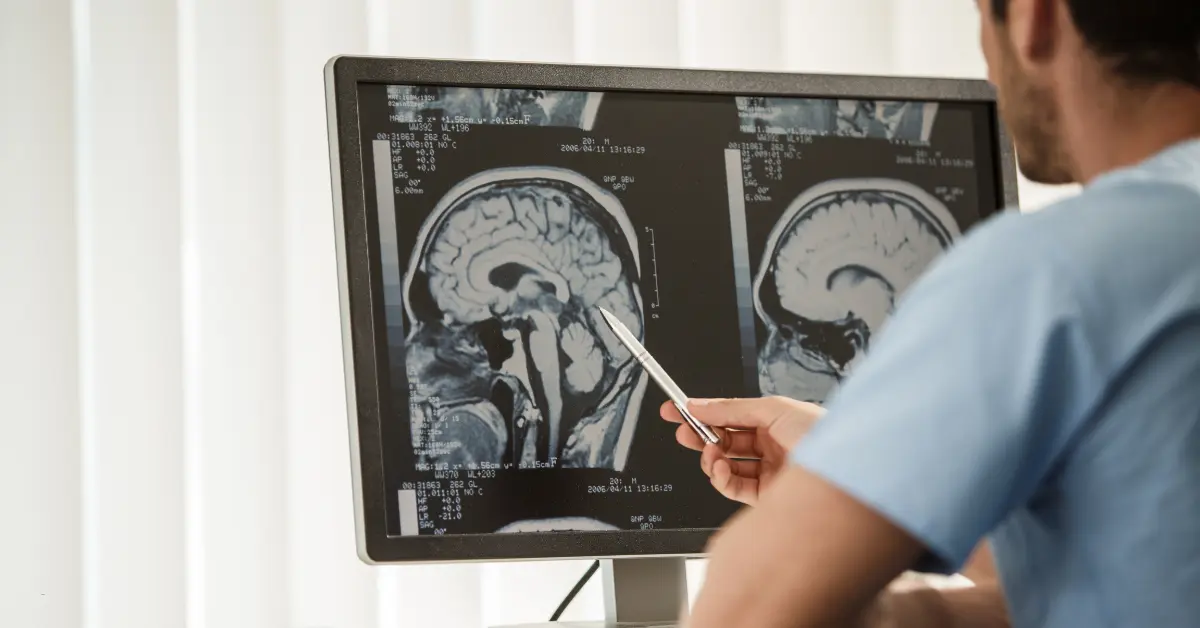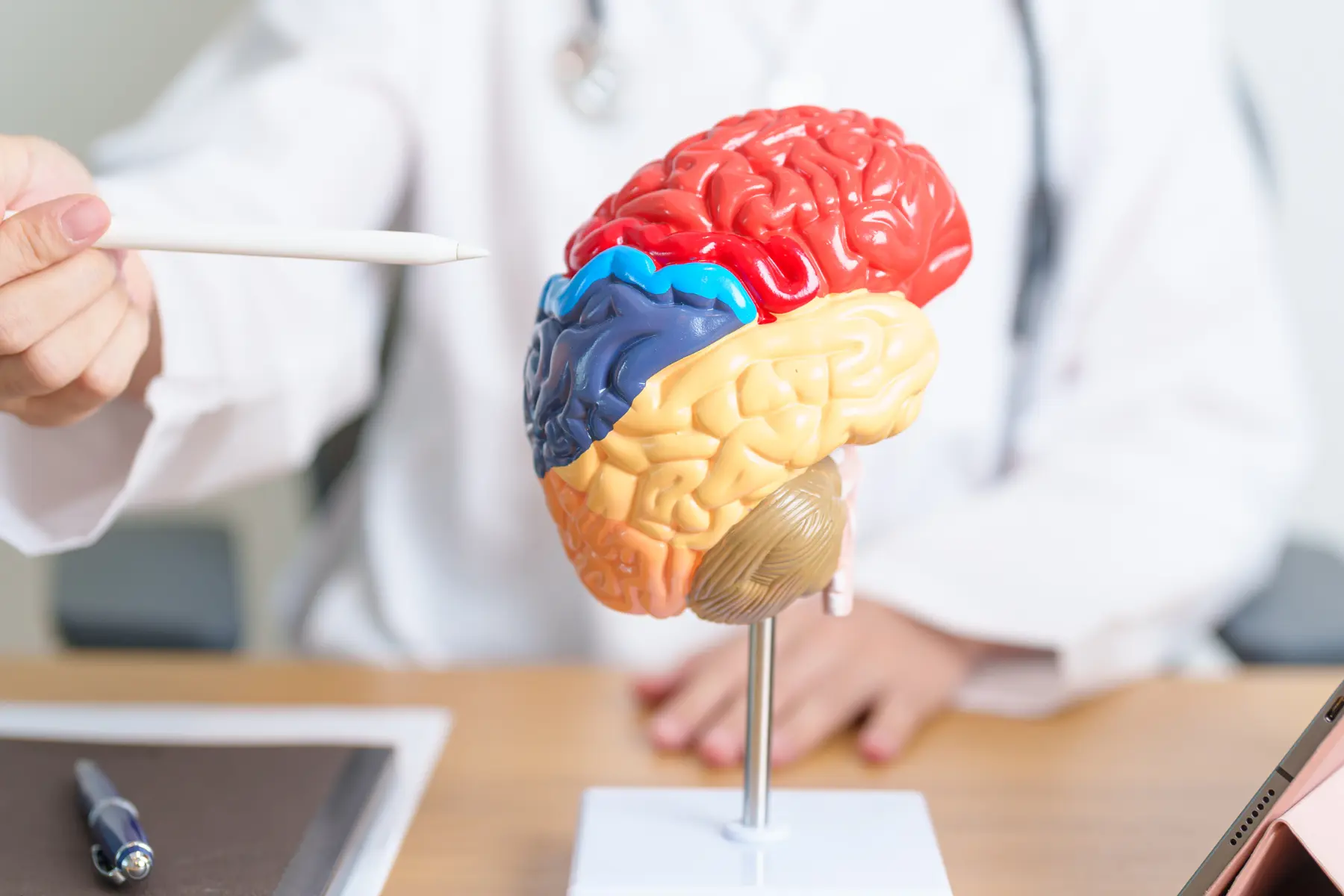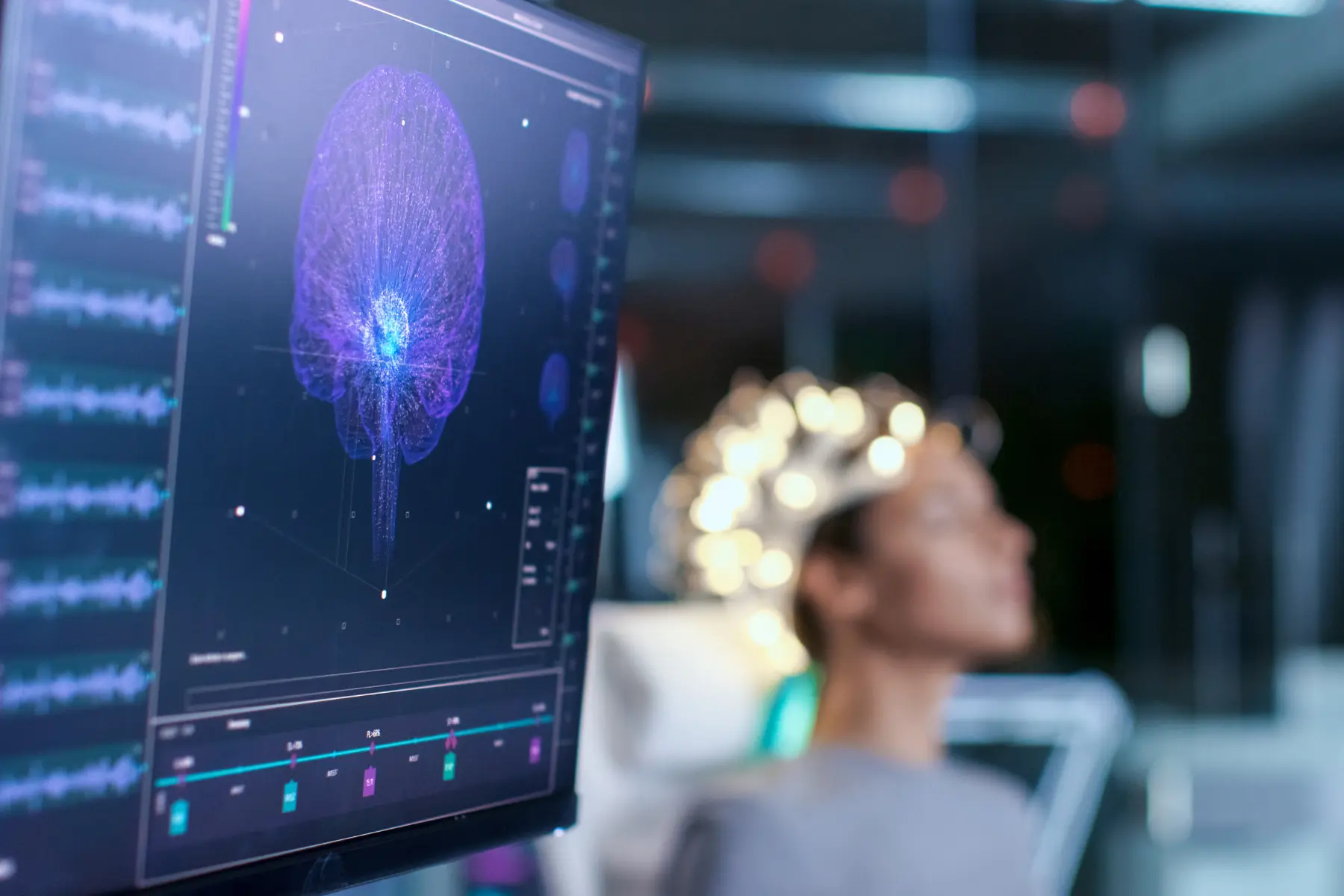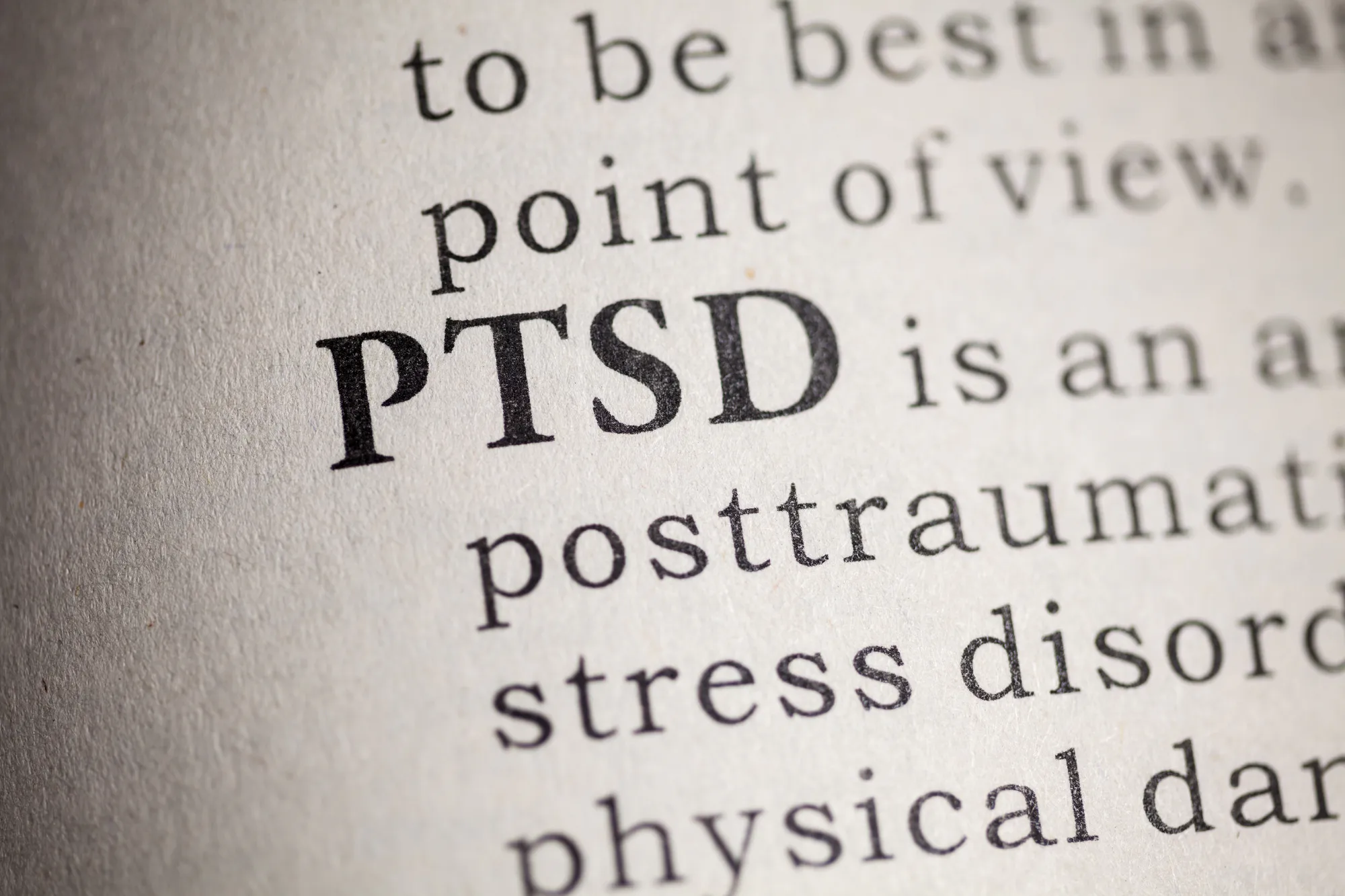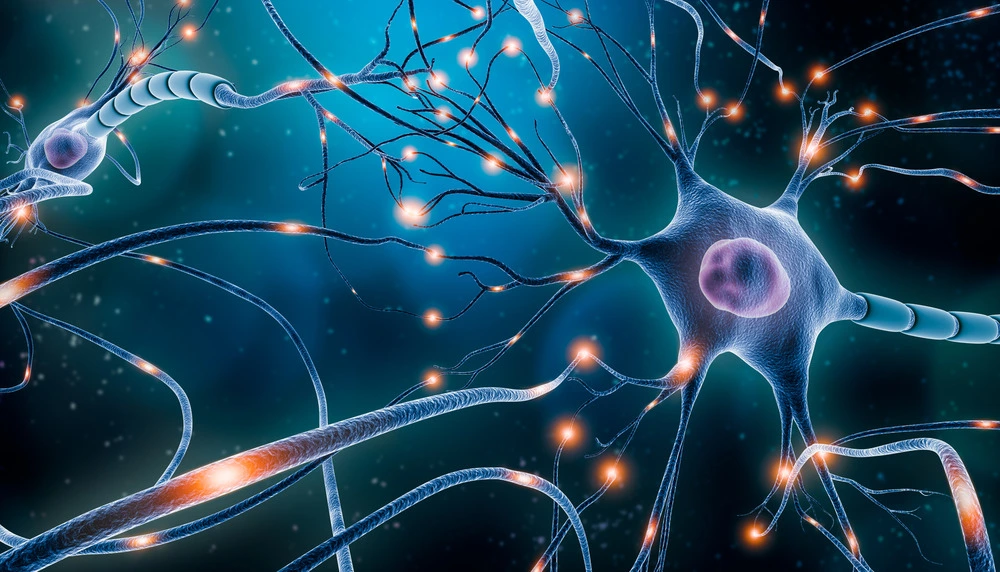What do depression, chronic pain, and tinnitus have in common?
No, this isn’t the start of a bad joke—all 3 of these seemingly distinct disorders might be reflective of the same exact phenomenon called thalamocortical dysrhythmia. In thalamocortical dysrhythmia, different layers of the cortex send misaligned signals to other layers of the cortex, causing dysfunction in each particular area. In depression, you’d see the phenomenon over the frontal part of the brain called the left dorsolateral prefrontal cortex. In chronic pain, you’d see it over the part of the brain responsible for sensation, and in tinnitus, you see it over the auditory cortex.
The idea of thalamocortical dysrhythmia is quite complex and requires detailed knowledge of electrophysiology to comprehend fully. Regardless, the interesting part about thalamocortical dysrhythmia is the treatment. We know that TMS can work for depression; emerging research suggests that TMS is effective for tinnitus as well.
Studies on TMS Protocol for Tinnitus
The research is mixed in terms of the exact tms protocol to use for tinnitus treatment. In particular, there seems to be conflicting information regarding exactly where the best site of stimulation is.
An important study in 2007 compared two placements for tinnitus: stimulating the auditory cortex alone, or stimulating the left dorsolateral prefrontal cortex followed by stimulating the auditory cortex. Surprisingly, stimulating the left dorsolateral prefrontal cortex with an excitatory protocol first, and then stimulating the auditory cortex with an inhibitory protocol seemed to have the best efficacy in reducing tinnitus symptoms. Of note, many people—but not all—who participated in the study were suffering from bilateral tinnitus, which improved just as much as unilateral tinnitus. This study has been replicated multiple times since 2007 with similar results.Now that we know what protocol was used, it’s essential to talk about finding the exact spot in the auditory cortex to stimulate. A 2019 study randomly placed tinnitus patients into two groups receiving TMS: Group 1 received treatment using an MRI to locate their primary auditory cortex, and Group 2 received treatment using an algorithm to locate the actual spot. Much to everyone’s surprise, Group 2 actually demonstrated better outcomes than the group that used an MRI to locate the stimulation spot! This suggests that the algorithm is advantageous in finding the optimal stimulation target for TMS, even though this exact spot may not correspond 1:1 with findings in an MRI. Another study in 2019 has hypothesized that the algorithm provides better access to an impaired network in the brain, while the MRI group likely has the TMS signal spread out diffused over the cortex. To find the exact spot on the auditory cortex, one has to use the 10-20 International Electrode Placement System to make five specific measurements.
The recommended TMS course for tinnitus is in increments of 10 sessions and monitored using the Tinnitus Handicap Inventory (THI). The THI should decrease after ten sessions, and patients should report progress. If there seems to be linear progress, but some symptoms persist weakly, the patient and their prescriber may decide to try another ten sessions to seek out the lowest possible distress level possible. Contact us today to find out if TMS treatment for tinnitus is right for you.




